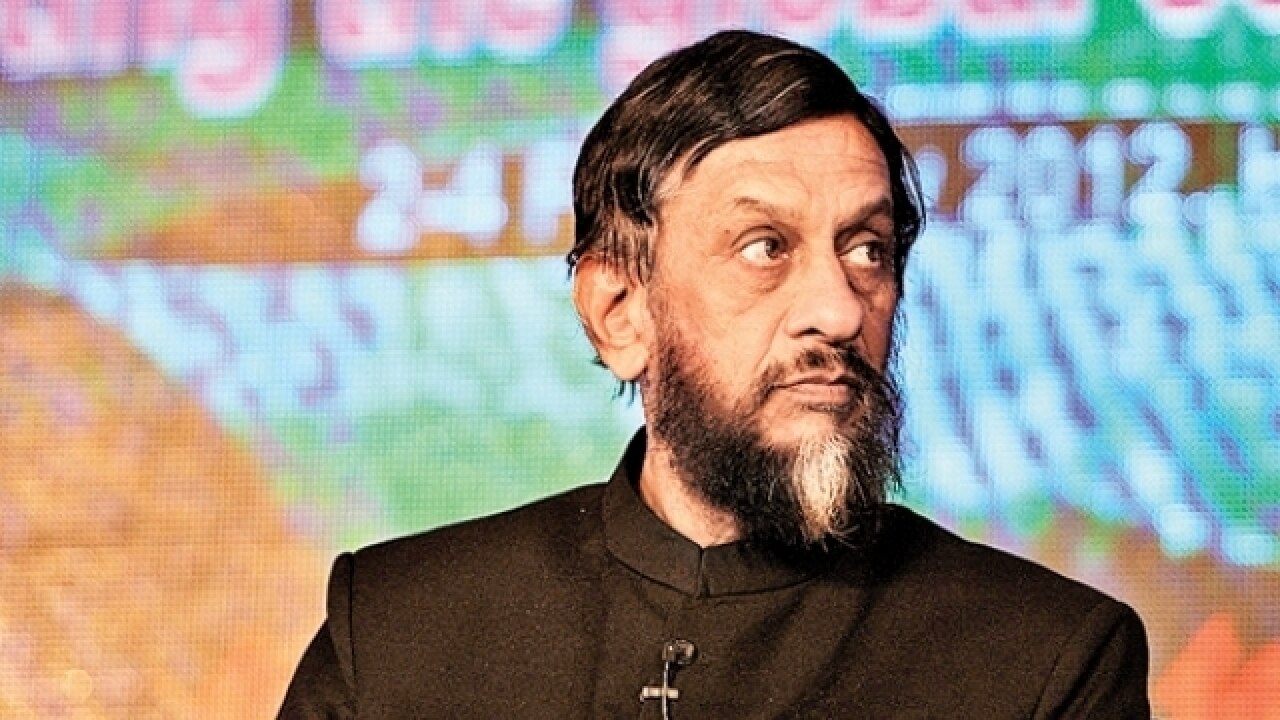
With RK Pachauri yet to be cleared of the sexual harassment allegations against him, the decision of The Energy Research Institute’s (TERI) governing council to appoint him as executive vice-chairman was uncalled for and is unacceptable. The creation of a new post to rehabilitate Pachauri, who was earlier removed as director-general, is a clear indication that the leading think-tank has decided to brazen out the allegations of sexual harassment made by a 29-year-old former TERI researcher against Pachauri. The institution’s stance is problematic considering that the Delhi Police are still investigating an FIR lodged against him in February last year on charges of molestation and criminal intimidation under the Indian Penal Code (IPC). The clout that Pachauri continued to enjoy at TERI is evident from the series of resignations involving those who refused to toe his line. Among those who have resigned include the complainant herself, Ranjana Saikia, who headed the first Internal Complaints Committee of TERI that found substance in the charges against Pachauri, and more recently, a male researcher who alleged that he was pressured by seniors at TERI to help intercede with the complainant to drop the case.
The developments in the TERI case have made a mockery of the Sexual Harassment of Women at Workplaces (Prevention, Prohibition and Redressal) Act, which offers institutional safeguards to women at the receiving end of unwelcome and coercive sexual advances from male colleagues. The legislation even enjoins the employer to provide assistance to the woman if she chooses to file a complaint under the IPC or other laws. But the safeguards envisaged by the Act have been made ineffective in the TERI case for no fault of the complainant. Pachauri secured a stay from an industrial tribunal against the ICC report after he argued that the internal committee had not ascertained his side of the story. Last July, another court had reinstated him as TERI director-general, even while restraining him from visiting the TERI’s Delhi and Gurgaon offices. If the stay on the report was lifted by a higher court, Pachauri would be in the untenable position of sitting in judgment upon himself. To her credit, the complainant has produced documentary evidence in the form of text messages and emails that Pachauri allegedly sent her. Despite the availability of such evidence, the Delhi Police are yet to file a chargesheet or a closure report though a year has elapsed since the FIR was lodged.
When Tehelka editor Tarun Tejpal was dislodged from his post in 2013, after a woman journalist summoned the courage to report him for alleged rape, it was expected that institutions and individuals would develop a new awareness and sensitivity towards dealing with sexual harassment at workplaces. Most public and private institutions, including the Supreme Court, belatedly realised that they had not constituted internal complaints committees in line with the Act. In the TERI case, the most sensible option for the governing council was to ensure that Pachauri stepped aside until the probe against him was complete. Pachauri may have contributed immensely to raising TERI’s stature during his long tenure, but his and institution’s conduct since the allegations surfaced, have only aided in rapidly diminishing TERI’s credibility. Though Ajay Mathur, another institution builder who helmed the Bureau of Energy Efficiency and oversaw many key energy-saving measures, has been appointed director-general, the perception that TERI is Pachauri’s personal fiefdom continues to endure. The TERI case has implications that go beyond one workplace. Unless respondents in sexual harassment cases are removed from positions of power or supervision, complainants cannot hope for any relief under the Prevention of Sexual Harassment Act.